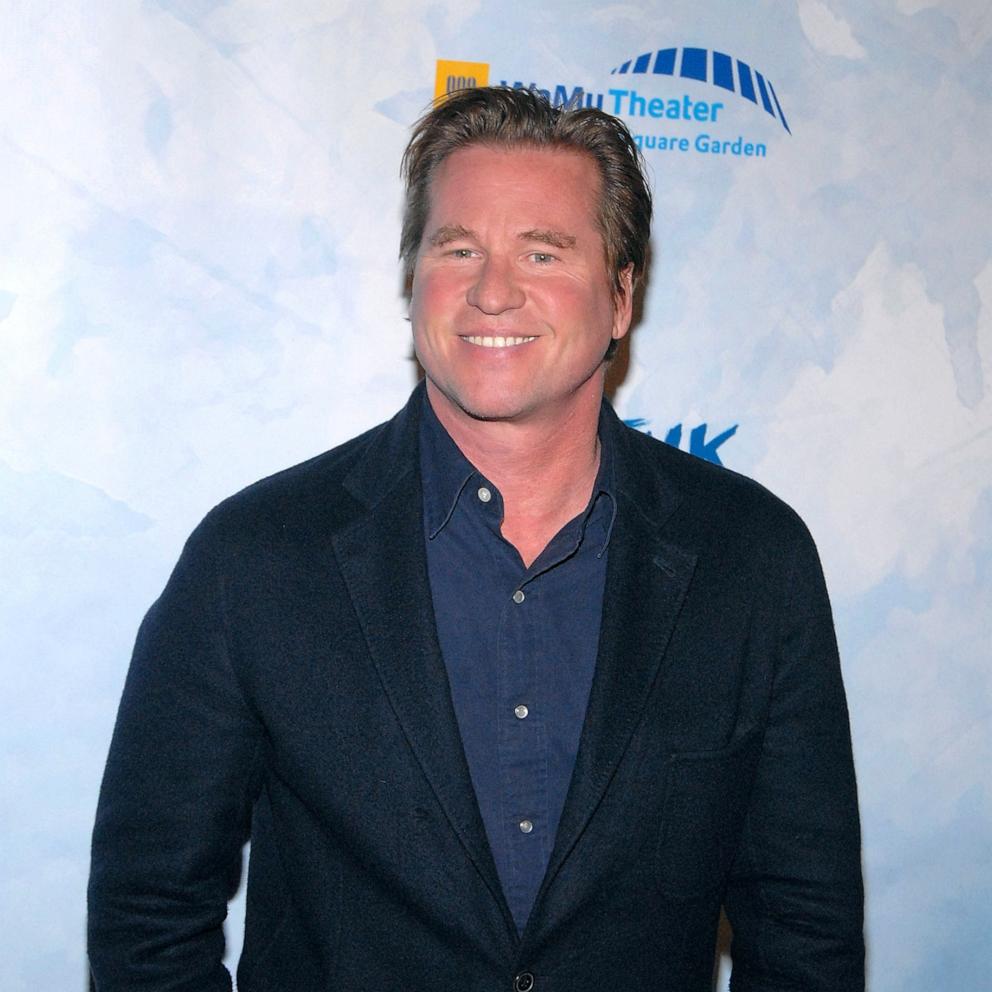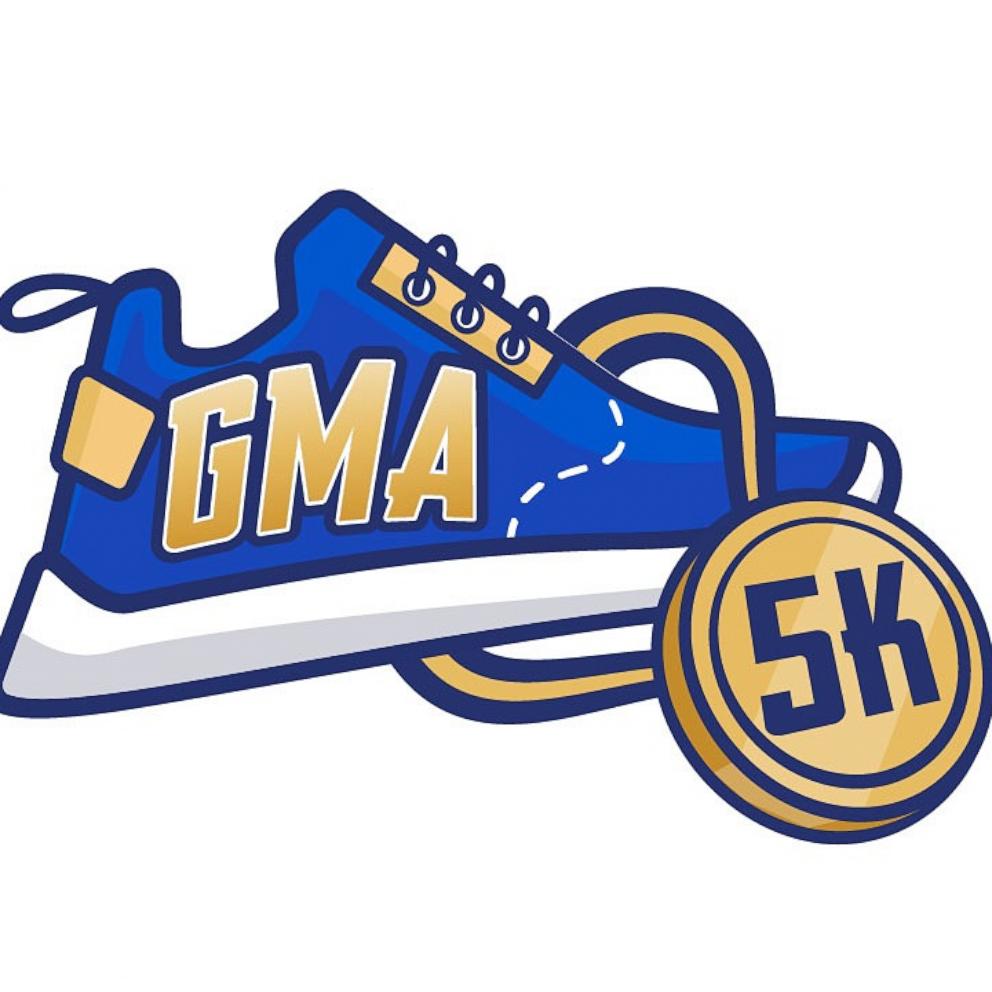NSAIDs may increase risk of irregular heartbeat, study says
They are common, over-the-counter pain meds, but researchers are issuing a warning to doctors today.
Prescribing NSAIDs (everything from ibuprofen and naproxen to celecoxib) seems linked to increased risk for a common heart rhythm problem known as atrial fibrillation (AF), reported researchers in Taiwan. The number of persons with AF is on the rise; it now affects more than 6 percent of the elderly population.
A study of over 57,000 people from Taiwan ages 45 and older analyzed national data sets from years 2000, 2005 and 2010. People diagnosed with AF were matched and compared to another person without AF of the same age and sex and with similar medical conditions (diabetes, high blood pressure, heart disease, and arthritis).
Researchers looked for an association between the use of nonsteroidal anti-inflammatory drugs, aka NSAIDs, and the risk of atrial fibrillation.
NSAIDs stop proteins called cyclooxygenase, known as COX, and fall into two classes: “selective” COX-2 inhibitors (celecoxib, etoricoxib, or rofecoxib) and “nonselective” COX-1/COX-2 inhibitors (ibuprofen, naproxen, or meloxicam).
In this study, researchers defined anyone who took an NSAID for at least one day within a year of their AF as a “user.” Compared to nonusers, those who took an NSAID had an elevated risk of AF, the study found.
Nonselective NSAIDs were associated with an 18 percent increased odds for having AF, selective NSAIDs showed no difference, and combining both selective and nonselective NSAIDs went along with a 30 percent increased odds for having AF.
Authors said the findings in this Taiwan population are similar to studies on other populations. But they cautioned: This does not mean that people should be afraid to take an NSAID for an occasional ache or pain. The goal, rather, is to warn doctors against prescribing NSAIDs for those who may be most at risk for the heart arrhythmia.
Dr. Hector M. Florimon is a third-year resident in pediatrics at New York Presbyterian-Columbia University Medical Center, working in the ABC News Medical Unit.




